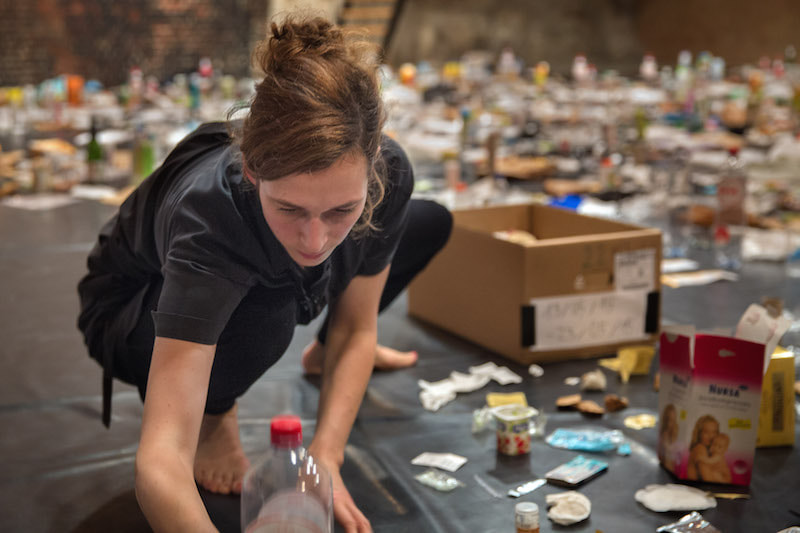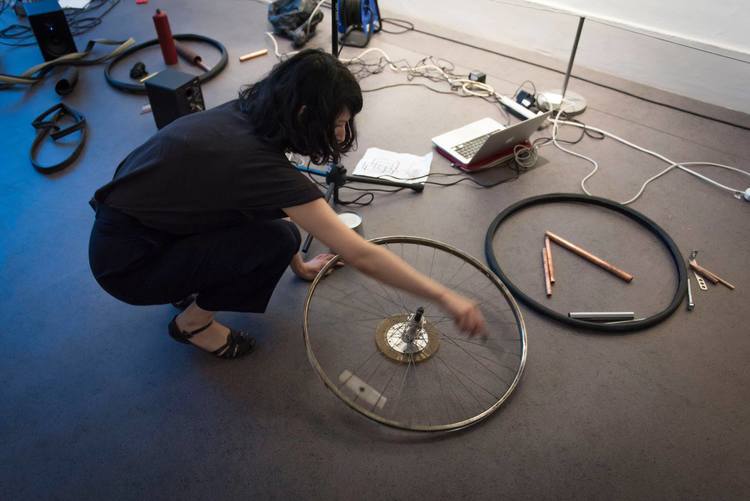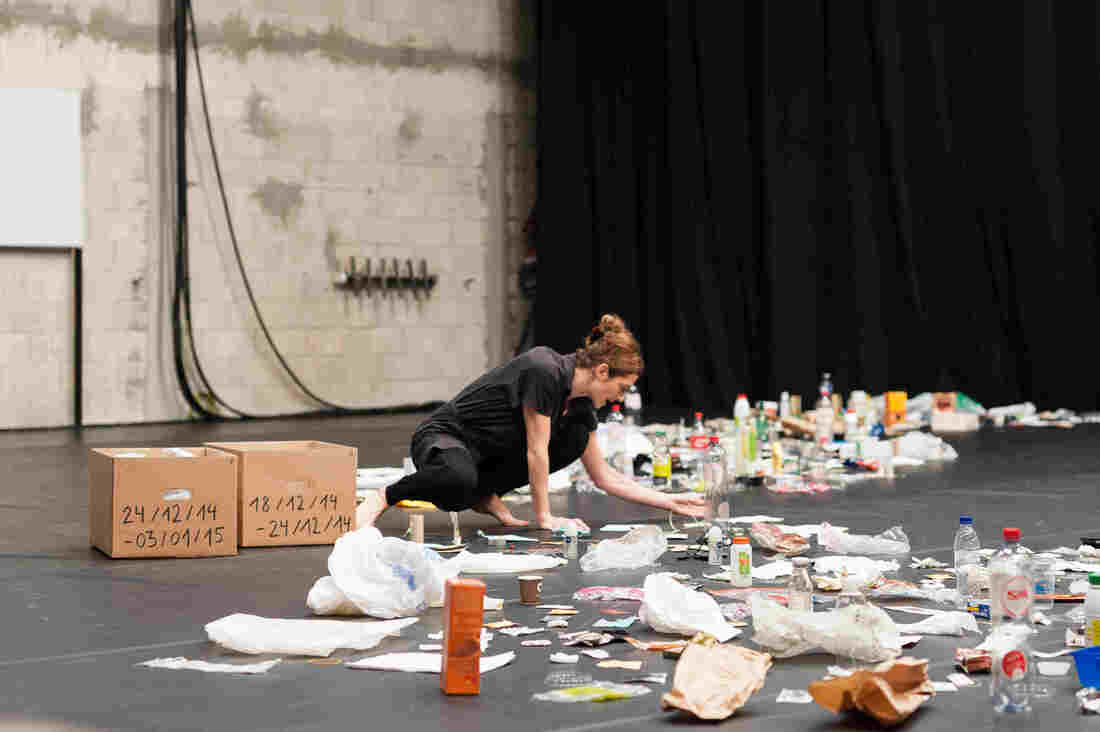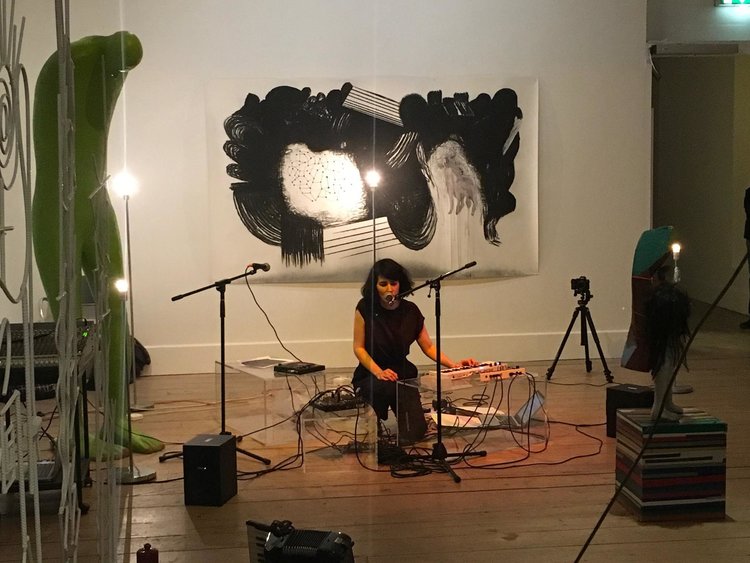SARAH VANHEE
+
SUZANNE WALSH
IN CONVERSATION
|
IN THE FINAL EPISODE IN OUR THREE-PART PODCAST SERIES, AUDIO/VISUAL ARTIST, WRITER AND MUSICIAN SUZANNE WALSH (DUBLIN) SPEAKS TO ARTIST, PERFORMER AND WRITER SARAH VANHEE (BRUSSELS) ABOUT WILD BIRDS, TRASH, REWILDING LANGUAGE AND OUR CONNECTION TO NATURE.
THIS CONVERSATION WAS ORIGINALLY BROADCAST AS A PODCAST IN ASSOCIATION WITH DUBLIN DIGITAL RADIO (ddr.) ON 22 OCTOBER 2019. YOU CAN READ THE TRANSCRIPT BELOW.
|



